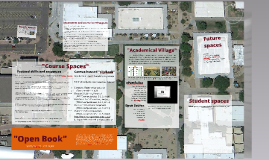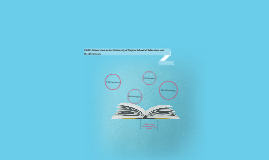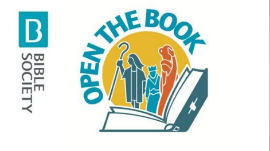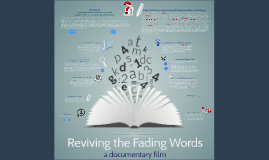Open Book
Transcript: MCCC ENG 102 Course Competencies for English 102 classes Write for specific rhetorical contexts, including circumstance, purpose, topic, audience and writer, as well as the writing's ethical, political, and cultural implications. (I, IV) 1. Organize writing to support a central idea through unity, coherence and logical development appropriate to a specific writing context. (II, V) 2. Use appropriate conventions in writing, including consistent voice, tone, diction, grammar, and mechanics. (I, V) 3. Find, evaluate, select, and synthesize both online and print sources that examine a topic from multiple perspectives. (I, III) 4. Integrate sources through summarizing, paraphrasing, and quotation from sources to develop and support one's own ideas. (III, IV) 5. Identify, select and use an appropriate documentation style to maintain academic integrity. (III) 6. Use feedback obtained through peer review, instructor comments, and/or other sources to revise writing. (II) 7. Assess one's own writing strengths and identify strategies for improvement through instructor conference, portfolio review, written evaluation, and/or other methods. (II) 8. Generate, format, and edit writing using appropriate technologies. (II, V) Appendix: Course-specific digibook ePortfolio for future utility https://maricopa.instructure.com/courses/290051/modules Potential for student, department, and extended learning community text synthesis, particularly through Canvas page building , embedding, and ePortfolio sharing. Student spaces Opening Question: How can Canvas help faculty members, each with dynamic personal and professional responsibilities, meet student, class, department, and campus needs? Open-Source Canvas Google Group at http://groups.google.com/group/canvas-lms-users ePortfolios "Academical Village" Faculty spaces Canvas-housed "sitebook" Proficiency using: core course resources, including course textbook and Canvas-housed "sitebook," ePortfolio, and creating Canvas web pages Exposure to: all course competencies, performance objectives, resources and other concepts, from Intro through "Appendix" Personal Narrative: semester topic inquiry through student's experiences, interests, and personal goals; student's MCC academic focus department; topic-relevant "off campus" learning spaces Reading and Research: social bookmarking (Diigo), MCC Library (orientation), tertiary and secondary research sources, primary research (poll and interview with topic expert), logic, logical fallacies, MLA format Exposition and Rhetorical Analysis: all stages of the writing process from invention through publication; textual mechanics; Microsoft Word tools for publication; Google Doc tools for revision Persuasion: Reinforcement of above, mastering the rhetorical situation and rhetorical triangle for a logos-based persuasive argument; emphasis on high-level textual writing skills Student Choice: Media literacy skills; website building skills; reinforcing above concepts through multimedia and for diverse contexts Persuasion: Timed oral presentation, incorporating multimedia, handling real-time Q & A Publishing: Shared text for future courses, department, and broader MCC community Open Source Focused skills and resources "Course Spaces" Because Canvas is open source, outside texts and creations can contribute to "sitebook" For Thomas Jefferson, learning was an integral part of life. The "academical village" is based on the assumption that the life of the mind is a pursuit for all participants in the University, that learning is a lifelong and shared process, and that interaction between scholars and students enlivens the pursuit of knowledge. Open Source Finally Future spaces What spaces do our students value learning in? by Billy Gerchick, MCC English Department and course learning goals Abstract: Canvas is much more than a Learning Management System (LMS); it’s an open-source platform that gives departments, professors, and students the ability to co-author sustainable, flexible course sites that facilitate course learning outcomes while welcoming individualized and interdisciplinary learning. This presentation demonstrates a spring semester English 102 course “sitebook” -- designed using Canvas, MCC resources, Diigo.com social bookmarking, and various open-source tools -- that honors instructor intellectual freedom while empowering students to build Canvas pages and e-portfolios. By semester’s end, the professor can incorporate student contributions for better Canvas course sites in the future; students will walk away with increased media literacy and e-portfolios that house exemplary work (including Canvas pages); work that may be valued as pages or chapters on other Canvas sitebooks and by various departments. By presentation’s end, you’ll walk away with access to the presented course sitebook, a “rough draft” platform that you’re welcome to revise and repurpose to meet your course needs and share with others. Introduction: course foundations,

















